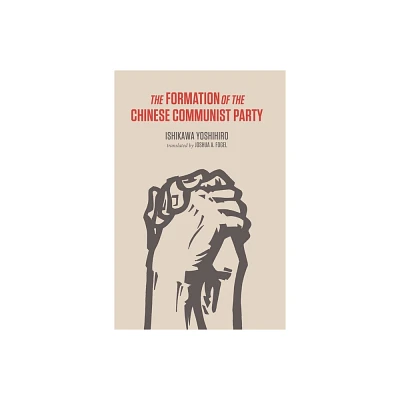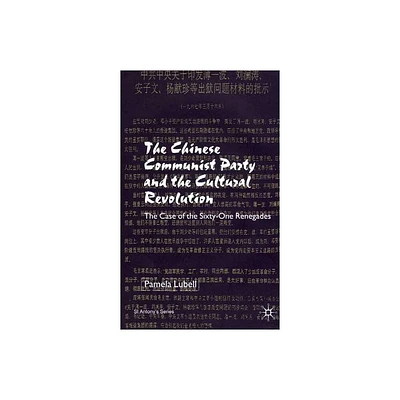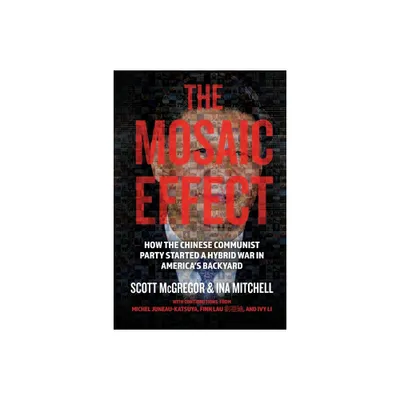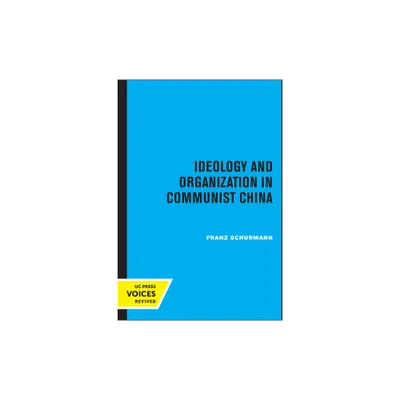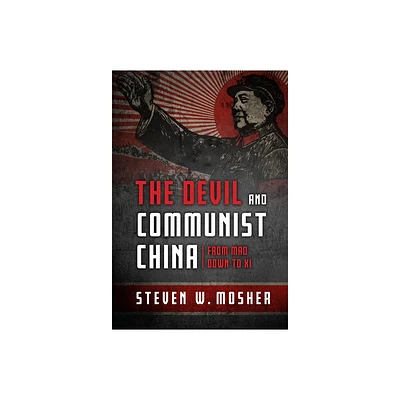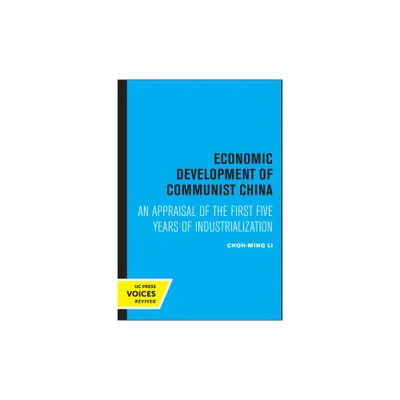Home
the Party Leads All: Evolving Role of Chinese Communist
Loading Inventory...
Barnes and Noble
the Party Leads All: Evolving Role of Chinese Communist
Current price: $53.00


Barnes and Noble
the Party Leads All: Evolving Role of Chinese Communist
Current price: $53.00
Loading Inventory...
Size: Paperback
*Product Information may vary - to confirm product availability, pricing, and additional information please contact Barnes and Noble
Examining the past, current, and potential future roles of the Communist Party in governing China
The Chinese Communist Party and its polices touch nearly every aspect of life in China and dominate some. An often-quoted current phraseone with roots in the era of Mao Zedongsays the Party leads all. Under the leadership of Xi Jinping, the Party determines much of what is permitted and prohibited in the country's social, economic, and political activity, as well as China's increasingly consequential foreign relations. Even so, the Communist Party always has faced limits on what it can control, and it may encounter new obstacles ahead.
This book addresses important questions about the current and future roles of the party: Has Xi's tenure brought a qualitative increase in the pursuit, or achievement, of party control? How is party rule shaped and exercised by internal party dynamics, the party's control over the state, society, economy, foreign affairs, government institutions and rules, and ideology? How serious are the threats to party strength and success posed by Xi's approach to power, corruption in the party's ranks, a rapidly changing society, a fraught international environment, or a possibly overly ambitious agenda for party control?
Leading scholars examine these questions from several disciplinary perspectives, each focusing on a key area of the party and its efforts to lead, control, or influence the world around it.
This book offers the most comprehensive and up-to-date assessment of the party's roles in China's economy, government, civil society, legal system, military affairs, and foreign policy. It does so at a critical moment, with the full contours of the Xi Jinping era in China becoming more evident and as the CCP reaches its 100th anniversary and nears three-quarters of a century in power. It will be essential reading for all scholars, students, and policy-makers interested in contemporary China.
